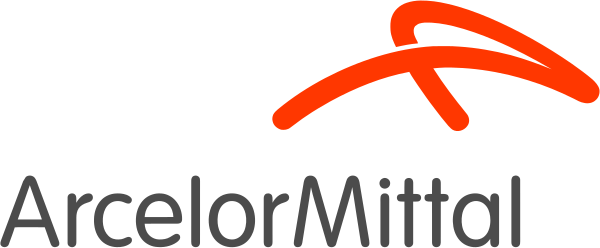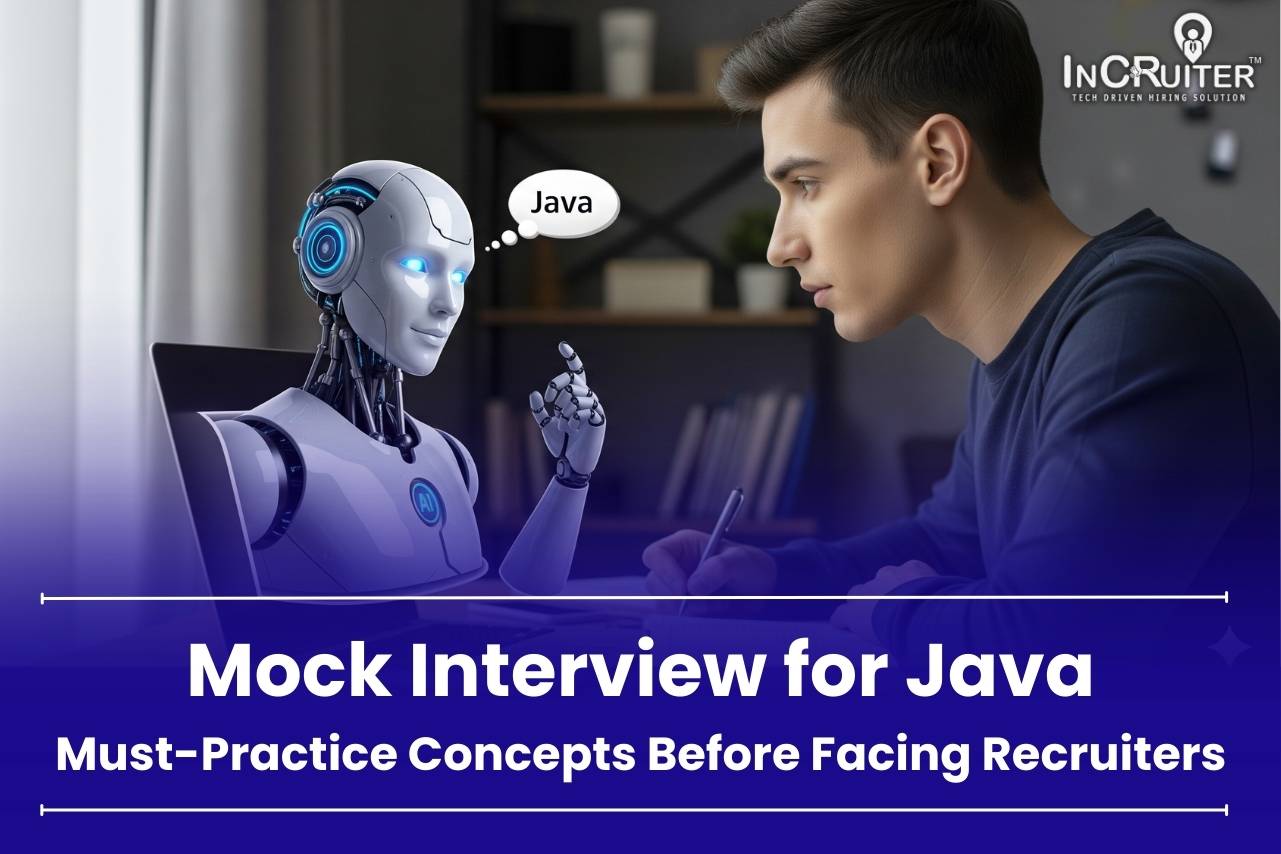The GCC is growing at a lightning pace. Saudi Vision 2030 is transforming industries, Dubai keeps drawing the world’s attention with bold projects, and Qatar is investing heavily in infrastructure. With so much happening, the need for skilled talent is higher than ever.
From doctors and engineers to IT experts and hospitality staff, companies are hiring across every corner. But here’s the real challenge: bringing people in quickly without losing quality. Traditional hiring often slows things down and drains HR teams.
That’s why many businesses are turning to Interview as a Service, a faster, more reliable way to find the right talent. In this blog, we’ll explain why Interview as a Service is gaining ground in the GCC, how it speeds up hiring, and why it’s becoming the preferred choice for growing industries.
The Recruitment Challenge in the Gulf Cooperation Council
Nearly 70% of GCC employers say hiring delays slow down their projects despite having substantial budgets. The challenge isn’t attracting applicants; it’s managing interviews, ensuring quality, and making timely decisions.
Here are the biggest recruitment hurdles businesses in the region face:
High Applicant Volumes
Every job role in the GCC receives a flood of applications, often running into thousands. While this shows the region’s attractiveness to talent, it creates a bottleneck for HR teams. Screening such large pools manually is time-consuming and increases the risk of overlooking qualified candidates.
Diverse Workforce Needs
The GCC economy spans multiple industries: oil, construction, healthcare, IT, and hospitality. Each sector requires unique skills and expertise. Recruiting across such varied fields simultaneously stretches HR capabilities. Without structured processes, companies may fail to identify candidates who meet both technical requirements and cultural fit.
Time-Sensitive Projects
From billion-dollar infrastructure developments to fast-moving healthcare expansions, projects in the GCC run on strict deadlines. A single delay in hiring can slow down execution, causing financial setbacks. Businesses need recruitment processes that deliver talent quickly without compromising quality, ensuring projects move forward seamlessly.
Shortage of Expert Interviewers
Technical and domain-specific roles dominate in the GCC, yet many companies struggle to find qualified interviewers in-house. HR teams may lack the expertise to accurately assess specialized skills. This gap often leads to wrong hiring decisions, affecting productivity and increasing turnover rates.
Overloaded HR Teams
Recruitment isn’t the only responsibility of HR. In-house teams already manage compliance, employee engagement, and administration. Adding high-volume interviews and evaluations overloads them. This not only slows down hiring but also affects HR’s ability to focus on strategic business priorities.
Risk of Inconsistent Evaluations
Unstructured interview processes often result in inconsistent candidate evaluations. One candidate might be assessed thoroughly, while another faces only generic questions. Such inconsistency creates bias and lowers the overall quality of hiring. Companies need structured evaluations to ensure fairness and accuracy in candidate selection.
Global Talent Competition
GCC companies aren’t just competing with each other; they’re also up against multinational corporations hiring from the same talent pool. Top candidates often receive multiple offers. Slow or inconsistent hiring processes put local businesses at a disadvantage, making it harder to secure the best professionals.
What Is Interview Outsourcing (Interview as a Service)?
Interview as a Service (IaaS) is a structured hiring solution where certified interviewers, guided by fixed rubrics and standardized scorecards, evaluate candidates on behalf of companies. It ensures consistency, fairness, and speed by using recorded sessions, detailed feedback, and integrations with ATS, helping organizations scale recruitment without burdening internal HR teams.
Why GCC Businesses Are Turning to Interview Outsourcing?
Faster Hiring Cycles
Most GCC projects operate on fixed deadlines, such as Expo events in Dubai or hospital expansions in Saudi Arabia. A delay in recruitment can halt work entirely. Interview outsourcing reduces dependency on overstretched HR teams by running interviews in parallel, ensuring critical roles are filled without slowing project timelines.
Access to Certified Experts
In the GCC, roles like petroleum engineers, compliance officers, and ICU nurses need expert evaluation. Many HR teams don’t have domain specialists in-house. Interview service providers provide trained interviewers from the required fields, so candidates are assessed on the right skills before they’re moved forward in the hiring funnel.
Standardized Evaluation
The GCC workforce is multinational, with candidates coming from India, the Philippines, Europe, and Africa. Unstructured interviews risk uneven judgments. Interview as a Service provider applies fixed rubrics and recorded assessments, ensuring every applicant, whether for IT in Bahrain or hospitality in Qatar, is judged consistently and fairly against the same criteria.
Scalability for Mega Projects
Large GCC developments like Saudi NEOM or Qatar’s transport expansions may require hundreds of hires at once. In-house interviewers can’t handle such spikes. Technical Interview as a Service scales quickly, running simultaneous interviews across time zones, so businesses can meet manpower targets without compromising evaluation quality.
Cost Efficiency
Hiring permanent interview panels isn’t sustainable in GCC, where project-based demand is common. For example, a Dubai contractor may need 300 engineers today but far fewer next quarter. Technical Interview outsourcing offers a pay-per-interview model, letting companies scale up or down while keeping recruitment costs predictable.
Data-Driven Insights
IaaS platforms provide structured reports on candidate performance. For example, a Kuwaiti bank can see which candidates scored highest in compliance skills, while a Saudi healthcare provider can track recurring weaknesses in nursing applicants. These insights help businesses refine hiring decisions and plan targeted training investments.
Better Candidate Experience
Many expatriates relocate to GCC for jobs. A disorganized interview process can harm employer branding. IaaS ensures candidates face structured, transparent interviews with clear feedback. This professionalism encourages skilled workers to accept offers quickly, reducing dropouts in a region where competition for talent is fierce.
Focus on Core HR Priorities
GCC HR teams already manage strict compliance rules like Emiratization and Saudization, along with visa processing. Adding thousands of interviews stretches them thin. By outsourcing candidate evaluations through Interview as a Service, HR can stay focused on legal and onboarding responsibilities, while still achieving hiring targets for ongoing projects.
Industries in GCC Benefiting from Interview Outsourcing
Healthcare
Healthcare is one of the fastest-growing sectors in the GCC, with Saudi Arabia and the UAE investing heavily in hospitals and clinics. The demand for doctors, nurses, and technicians is urgent because delays can disrupt patient care and licensing schedules. Outsourced medical interviewers help screen candidates quickly while validating their clinical expertise.
Construction & Infrastructure
Mega projects like Saudi NEOM, Qatar’s metro systems, and Dubai’s real estate towers run on strict timelines. Any hiring delays risk slowing construction milestones. With outsourced interviewers who specialize in engineering and site management, companies can rapidly evaluate candidates, ensuring skilled professionals are deployed without slowing project delivery.
Oil & Gas
The Gulf’s oil and gas industry relies on drilling engineers, geologists, and safety specialists. These roles require precise technical assessments, and delays in filling them can hold back field operations. By outsourcing interviews to experts familiar with industry standards, companies secure the right talent faster, avoiding costly downtime.
IT & Banking
Riyadh, Dubai, and Doha are expanding as financial and digital hubs, creating constant demand for developers, cybersecurity analysts, and finance professionals. In such competitive markets, delays mean losing top talent to rivals. Interview outsourcing ensures candidates are assessed quickly on technical and compliance skills before they accept other offers.
Hospitality
Tourism drives the economies of the UAE, Qatar, and Oman, with hotels often needing thousands of staff ahead of peak events and seasons. Slow hiring can affect guest experience and brand reputation. Outsourced interviewers help filter service staff rapidly, ensuring customer-facing employees meet standards and are onboarded in time.
Case Study
Aramco, Saudi Arabia’s energy giant, often needs thousands of engineers and safety specialists for ongoing projects. Its internal HR teams struggle to source enough qualified interviewers for such niche roles. By using Interview as a Service, Aramco accelerates evaluations, fills roles faster, and avoids costly project slowdowns.
Conclusion
Across the GCC, companies are under pressure to hire faster without compromising on quality. Interview as a Service provides that balance of structured evaluations, domain experts, and the ability to scale hiring for any project size. It helps organizations keep deadlines, attract top global talent, and make decisions backed by real assessments rather than guesswork.
For GCC employers, the choice is clear: save time, secure quality, and stay ahead. With InCruiter Interview as a Service, hiring moves as fast as the region grows.



















